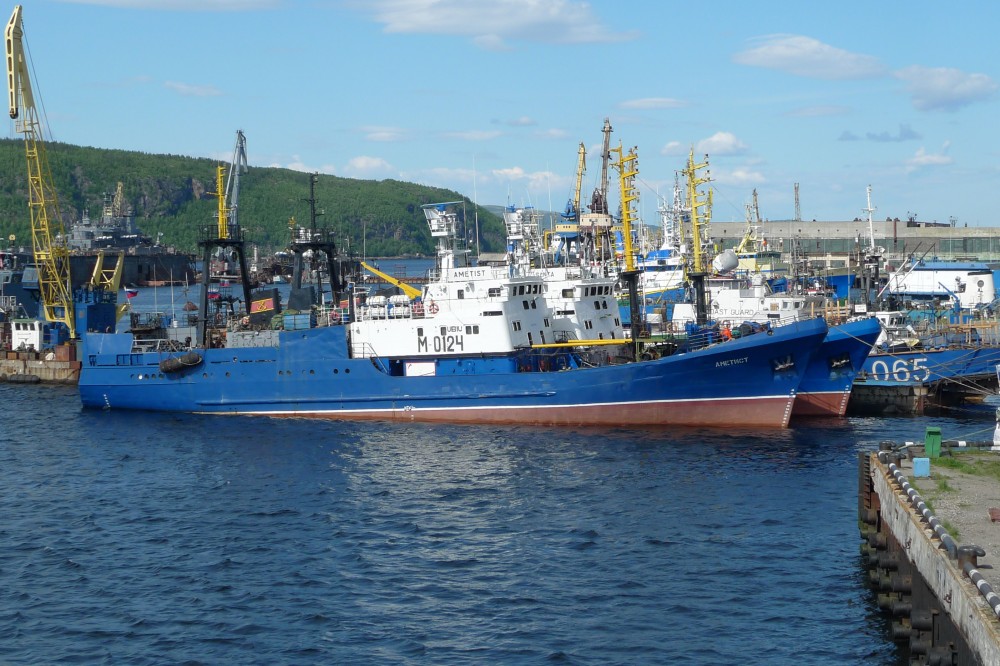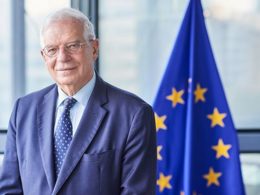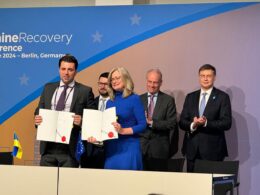The Norwegian government has decided that Russian fishing vessels can only call at three ports, and that all Russian vessels arriving at these ports must be checked, the official statement of Ministry of Foreign Affairs of Norway says.
Russian fishing vessels that are exempt from the port ban should only be able to come to ports in Tromsø, Kirkenes and Båtsfjord.
“The serious developments in recent times, with Russia’s unacceptable annexation of Ukraine, the attacks on gas pipelines in the Baltic Sea and increased drone activity, means that the government has further tightened preparedness. We have closely monitored Russian activity in Norwegian waters and in Norwegian ports to avoid Norway becoming a transit country for transporting goods illegally to Russia. We now have information which indicates that there is a need to increase the control of Russian fishing vessels,” says Foreign Minister Anniken Huitfeldt.
Norway manages several fish stocks together with Russia, and it is particularly important that the world’s largest cod stock is managed in a sustainable way. An exception has therefore been made to the port ban for Russian fishing vessels, but now the government is tightening the regulations so that Russian ships can only call at the ports of Tromsø, Kirkenes and Båtsfjord. There they will be checked by customs officials.
The Ministry of Finance has asked the Customs Agency to intensify the control of Russian fishing vessels so that all Russian fishing vessels covered by the exception that call at the three ports in question are physically checked.
“When the borders with Europe are increasingly closed, it makes us vulnerable. This increases the risk of illegal activity through Norway. We follow developments closely and are ready to take further measures if necessary,” says Foreign Minister Anniken Huitfeldt.
“Norway has had fisheries cooperation with Russia for almost 50 years, also through the Cold War. We have an important responsibility to ensure good management of the fish stocks in the Barents Sea that we share with Russia. We are dependent on a functioning fisheries cooperation with Russia to make this happen in practice. The exception for Russian fishing vessels therefore remains, but is thereby tightened,” says Fisheries and Oceans Minister Bjørnar Skjæran.








